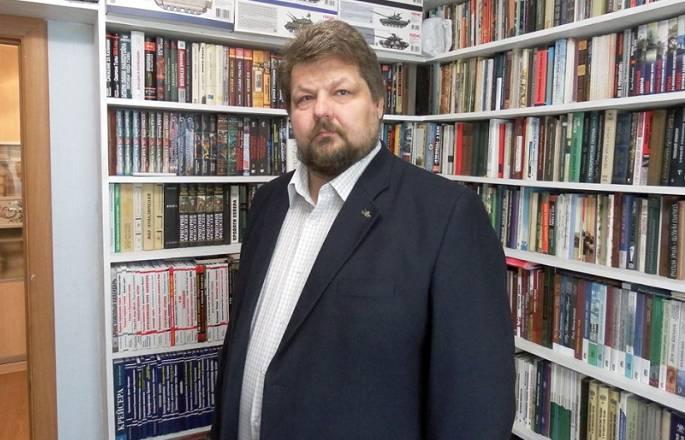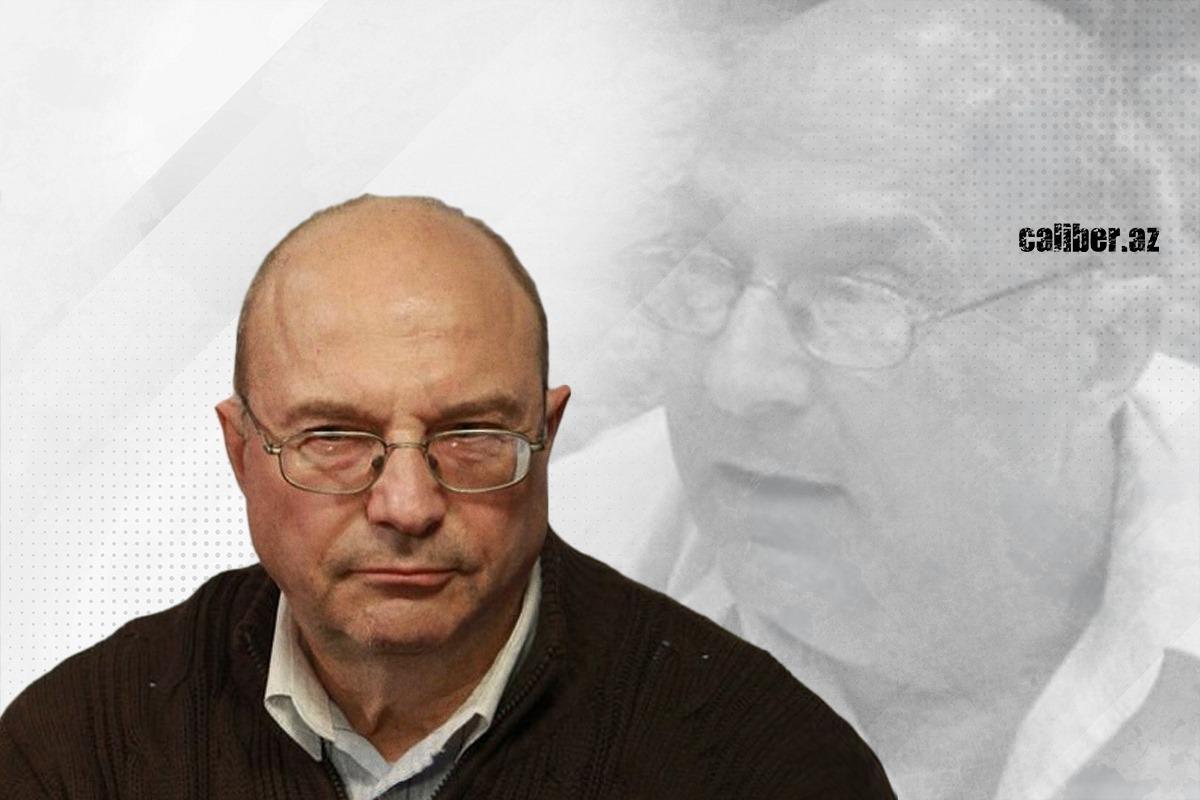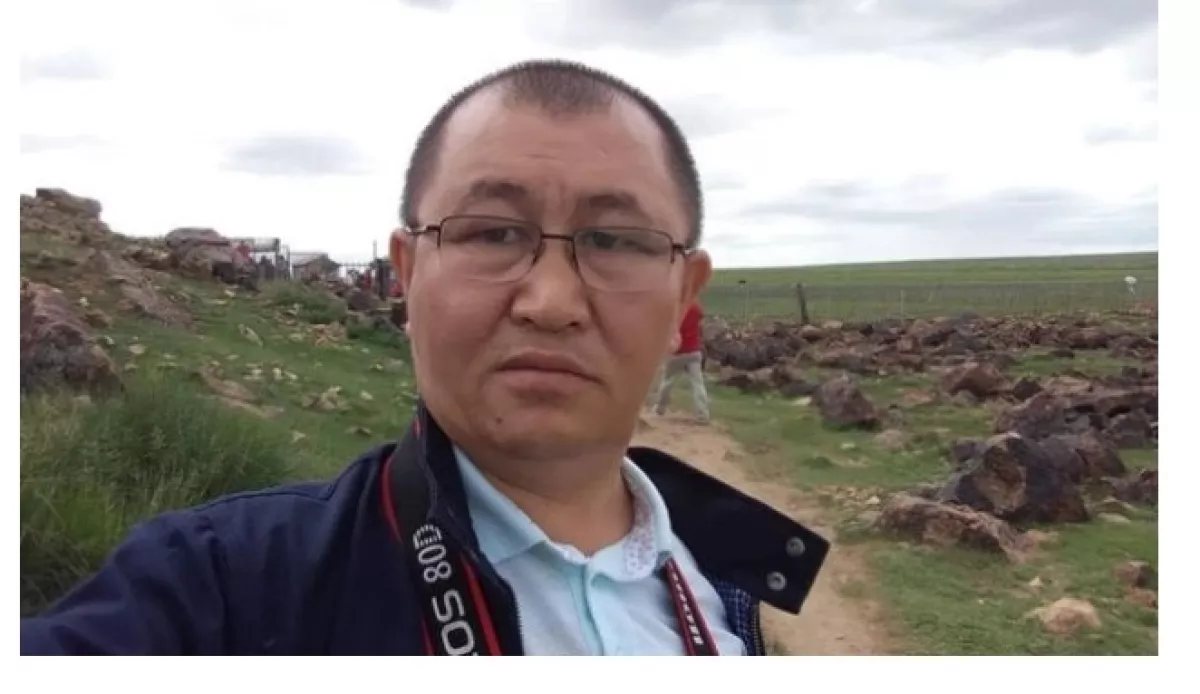“The Azerbaijani Army – a model for Turkic states” Expert opinions on Caliber.Az
On 8 November, Azerbaijan celebrated the 5th anniversary of its Victory in the Patriotic War of autumn 2020 — a date that gives much cause for reflection. It is more than evident that, having become the leader of the South Caucasus, Azerbaijan has assumed responsibility for ensuring stability and peace in the region. The role of the Azerbaijani Army in achieving this vital geopolitical objective is indisputable. Under the command of the Supreme Commander-in-Chief, President Ilham Aliyev, it secured a brilliant victory in the 44-day war, liberating Azerbaijan’s ancestral lands from occupation. Today, the Armed Forces of Azerbaijan are not resting on their laurels but continue to strengthen and modernise.
Military experts from Russia, Belarus, and Kazakhstan shared their views with Caliber.Az on the significance of Azerbaijan’s Victory in the 44-day war — both for the South Caucasus and beyond — as well as their assessment of the current potential of the Azerbaijani Army.
According to Russian military analyst Aleksey Khlopotov, Azerbaijan vividly demonstrated the principle: “He who stands for truth is stronger,” by achieving victory in a just war for the liberation of its internationally recognised territories.

“It was not Azerbaijan that unleashed this war – it was forced upon it. But the country was ready. The nation stood united in defending its state interests and values; the economy was strong; the army had been restructured in line with modern standards and equipped with the most advanced weaponry. Most importantly, the goals and objectives were clear and well defined. That is why the victorious outcome was only natural. Thirty years of injustice ended in the triumph of truth and fairness.
Azerbaijan demonstrated to the entire world that it is a truly independent state, capable of pursuing a policy based on national interests and dignity — and this, despite the lack of support from international institutions. The empty talk of politicians did not solve the problem of Karabakh’s de-occupation or the constant military provocations by Armenia. Therefore, it had to be resolved through military means — not the ideal solution for the 21st century, but one that proved effective thanks to the efforts of Azerbaijan’s leadership,” said Aleksey Khlopotov.
According to him, from a purely military development perspective, one cannot fail to recognise the quality and level of training of Azerbaijan’s Armed Forces, as well as the excellence of their strategic and tactical planning. He added that command and control during the hostilities were ensured at the most advanced level, using state-of-the-art systems and technologies.
“For this purpose, over a long period, Azerbaijani military specialists studied and analysed the experience of the most technologically advanced armies in the world. The state procured the most effective systems, while training and exercises were conducted to ensure their proper use. The Azerbaijani Army also dispelled another widespread notion — that ‘armies prepare for past wars.’ In this case — absolutely not! The experience of all previous conflicts was carefully examined, the right conclusions were drawn, and as a result, the development of Azerbaijan’s Armed Forces was carried out with a focus on conducting modern, high-tech warfare. Azerbaijan’s extensive and effective use of unmanned systems, which attracted worldwide attention, compelled many countries to study this experience,” the Russian expert emphasised.
According to him, it is enough to recall the example of the well-planned command operations and the brilliant execution of plans during the liberation of the seemingly impregnable city of Shusha. The strategy relied on elements of tactical surprise, as well as on the strength and courage of ordinary soldiers who stormed the city armed only with light weapons.
“This success showed that the human factor still matters greatly on the battlefield — robots and machines do not decide everything. The motivation and personal courage of soldiers are crucial. And this would have been impossible if the warriors had not believed in the justice of their cause and the righteousness of their actions.
It is often said that journalism should avoid clichés, yet how can one escape them entirely? Here’s another well-known saying: ‘The people and the army are united!’ And this, too, was a key to victory — the foundation of Azerbaijan’s success. To achieve this brilliant triumph, President Ilham Aliyev, the General Staff, ministries, servicemen, and ordinary citizens all joined forces, united by a single goal — Victory and the return of their ancestral lands once seized by a greedy and treacherous neighbour. This bond, this unity, proved truly unbreakable and triumphant!
Today, under wise leadership, Azerbaijan continues to follow the same course, having become a leader in international politics and a unifying force for the Turkic world. From the bottom of my heart, I congratulate the Azerbaijani people — warm and hospitable — on the 5th anniversary of the Victory! You have every reason to look forward to a bright future!” said Khlopotov.

In turn, independent military analyst and leading Belarusian defence and military-industrial expert Alexander Alesin emphasised that, paradoxically, one of the factors behind Azerbaijan’s Victory was Armenia itself. According to him, at one point, Yerevan refused to respond to Azerbaijan’s goodwill, which had offered a peaceful solution to the Karabakh issue in the interests of both peoples. At that time, the confrontation could have been resolved without numerous casualties and the defeat of the Armenian army — yet this did not happen.
“In such circumstances, Azerbaijan had no other choice: the leadership made a necessary decision — to remove this festering problem, which could no longer be tolerated. Lessons were learned, and systematic work was begun: the Azerbaijani Army was virtually rebuilt with a focus on the standards of the most modern armies in the world,” the expert said.
In his view, the decision was dictated by necessity and objective threats, not by ambition. The army needed to acquire new combat capabilities in order to restore justice and heal the old wounds of the conflict.
“The focus was on comprehensive measures for technical equipping: precision weapons, modern artillery and armoured vehicles, missile systems, and much more. This required significant effort and resources, but the army was built — not only technically, but also in terms of the training and skill level of its personnel,” the expert emphasised.
He noted that alongside the army’s modernization, a moral foundation was being formed — a sense of justice and determination to restore legality.
“If the Armenian leadership had recognised in time the futility of holding onto the occupied territories and shown willingness to compromise, many lives could have been saved, and people today would be living in peace and prosperity. But that did not happen, and the Azerbaijani Army, mastering modern methods of warfare and equipment, resolved the issue decisively and fundamentally. Today, Azerbaijan celebrates Victory Day,” Alesin said.
In his assessment, the outcome of the conflict was not only a matter of military success but also a demonstration of historical justice, which Azerbaijani society had long sought to restore.
“The Azerbaijani Army was the first in the region to demonstrate successful large-scale operations using unmanned aerial vehicles, against which neither armoured units nor air defence systems could stand,” he noted. “The experience of the Second Karabakh War has already influenced modern conflicts — I have read about this in Russian military publications and blogs.”
Alesin also highlighted the important role of electronic warfare and equipment supplies, including those from the Republic of Belarus, as well as the use of Polonez missile systems.
“Even unconventional solutions, such as the use of kamikaze drones based on old An-2 aircraft, showed the world how outdated manned planes can be converted into strike UAVs. Many countries are now considering how to use their fleets of older aircraft to create combat drones,” the expert added.
He further emphasised that winning a war is one thing, but maintaining an army’s combat readiness in peacetime can be even more challenging.
“There are issues concerning the constant costs of modernising equipment and sustaining personnel training. However, the Caspian and South Caucasus regions remain tense and volatile, so the Azerbaijani Army faces the task of maintaining combat readiness and continuously improving the training of its personnel,” Alesin said.

At the same time, Kazakh military analyst Amangeldi Qurmetuly believes that Azerbaijan’s Victory in the 44-day war holds immense significance not only for the country itself but for the entire Turkic world.
“The victory in this war can be seen as the first major triumph for the Turkic peoples in the past century, because for the first time in a hundred years, a Turkic nation was able to liberate its lands. If we look at history, the last major success was the national liberation war of the Turkish people under Mustafa Kemal Atatürk in the 1920s. Later, many Turkic countries lost their independence and became part of the Soviet Union. That is why, among us Turkic peoples, the pain of lost freedom and territories lingered for a long time,” the expert said.
According to him, it was Azerbaijan, by regaining control over its lands, that inspired the entire Turkic world. “In the 44-day war, the Turkic peoples, for the first time in a century, liberated their territories and achieved victory. This is a very important event. In 2023, in Istanbul, I said that this Victory marked the beginning of a renaissance for the Turkic world, particularly for Azerbaijan. Many projects are now being implemented in Karabakh, with Turkic states participating — building schools, cultural centres, and mosques. Azerbaijan’s Victory unites all of us, the Turkic peoples, even more strongly,” Qurmetuly emphasised.
In his view, Azerbaijan was the first country in the post-Soviet space to adopt UAVs, new technologies, and modern methods of warfare.
“After the Second Karabakh War, Kazakhstan began forming special units modeled on those that liberated the city of Shusha. In other words, through its Victory in the 44-day war, the Azerbaijani Army changed the theory and tactics of military operations not only for former Soviet republics but also for Turkic countries,” the expert emphasised.
He also highlighted the high level of Azerbaijan’s military potential: “I consider the Armed Forces of Azerbaijan to be the strongest in the Caucasus. There are global rankings, such as Global Firepower, but personally I do not trust them, as they are subjective. In reality, the Azerbaijani Army ranks among the strongest not only in the Caucasus but also in Central Asia and even Southeastern Europe. I believe it is stronger than, for example, the Romanian or Bulgarian armies. Azerbaijan’s potential grows every day. I follow the news about the Azerbaijani Army. Today, it is armed not only with Turkish and Israeli UAVs. For instance, Azerbaijan recently adopted a new Chinese-made air defence system and procured modern JF-17 fighter jets. All of this will further strengthen the potential of its army,” Qurmetuly said.
He added that one of Azerbaijan’s key advantages lies in its well-trained personnel.
“I believe that personnel are the main factor. During the 44-day war, the Azerbaijani Army defended its positions excellently even with older air defence systems, such as the S-125. Soviet artillery units were also used — and used skillfully. This shows that the army is staffed with highly qualified officers, because the outcome of any war is determined not by equipment, but by people. Thanks to their training, discipline, and experience, the Azerbaijani Army today serves as an example for many Turkic states. We, as Turkic countries, should learn from Azerbaijan how to build modern armed forces, develop the military-industrial complex, and train personnel. The Victory in the 44-day war is not just Azerbaijan’s success — it is a great victory for the entire Turkic world,” concluded Qurmetuly.








